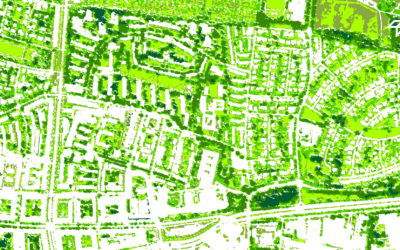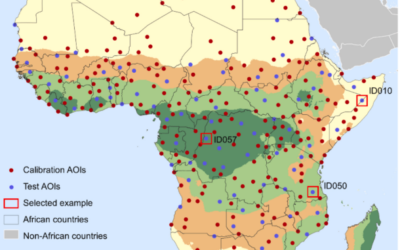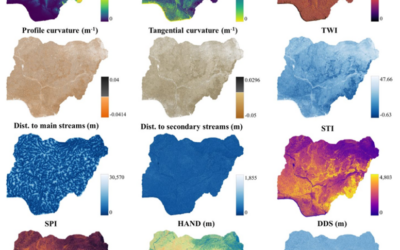A new review paper featuring Dr. Hooman Latifi as the second author has been recently published by Remote Sensing of Environment. The paper is a product of more than 1 year intensive teamwork of a group of well-known international scholars, and focuses on a meta analysis of reviewed studies on tree species classification by means of remotely sensed data. The authors finally recommend that future research should focus rather on the causal understanding of why tree species classification approaches work under certain conditions or – maybe even more important -why they do not work in other cases. This might require more complex field acquisitions than those typically used in the reviewed studies.
The paper also recommends reducing the number of purely data-driven studies and algorithm benchmarking studies as these studies are of limited value, especially if the experimental design is limited, e.g. the tree population is not representative and only a few sensors or acquisition settings are simultaneously investigated.
Further information on this review paper can be found here.
Source:
Fassnacht, F.E., Latifi, H., Ghosh, A., Stereńczak, K., Modzelewska, A., Lefsky, M., Waser, L., Straub, C. 2016. Review of studies on tree species classification from remotely sensed data. Remote Sensing of Environment 186: 64-87.









